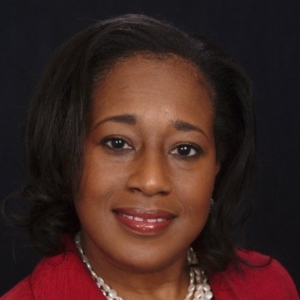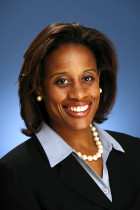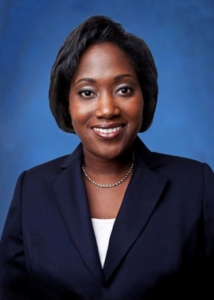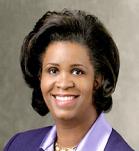 Marie O’Connor, a Partner at PwC Ireland, was always interested in mathematics. However, when she decided to pursue Accounting at the College of Commerce, Rathmines, she encountered a slight hurdle. At the time, this business school had not yet opened its doors to female students, but this would change when O’ Connor submitted her application.
Marie O’Connor, a Partner at PwC Ireland, was always interested in mathematics. However, when she decided to pursue Accounting at the College of Commerce, Rathmines, she encountered a slight hurdle. At the time, this business school had not yet opened its doors to female students, but this would change when O’ Connor submitted her application.
“All it took was for someone to knock on the door, and then the barrier came down,” noted O’Connor.
While O’Connor was completing her Accounting degree in business school, she applied for a traineeship position at a PriceWaterhouseCoopers firm where she was one of six females accepted in a class of fifty total graduates. This program established the foundation for O’Connor’s career at PwC Ireland, where she would eventually become the first woman to be made a partner. “I have stayed at PwC for my entire career,” she said, “and I am quite fortunate to have had a variety of roles and experiences here in Ireland and internationally as well.”
A Rewarding Career at PwC Ireland
Becoming a partner at PwC is one of O’Connor’s proudest professional achievements. “Since becoming a partner, I take pride in representing PwC Ireland around the world and enabling Ireland to be a place where companies want to do business,” said O’Connor. She also looks back at the twelve years she spent successfully leading and growing the Investment Management team practice as a very rewarding period in her career.
O’Connor noted, “Today, locally we have 350 people in the Investment Management practice and 17 partners, of which half are women. Growing this practice and developing the networks was very important for me.”
According to O’Connor, the regulatory environment of the asset management industry is presenting many challenges for companies trying to remain competitive while continuing to forge strong client relationships. “There is so much regulation in Europe right now, and more in the pipeline. It is critical for asset managers to be involved in discussions around all these issues to ensure that we can make sense of the regulatory agenda and enable companies to do good business while building trust with investors,” said O’Connor.
She added, “At the end of the day we all want to grow sustainable business”, In addition to the diverse career path O’Connor has enjoyed at PwC, she has also benefited greatly from various non-executive director roles she has had the opportunity to participate in. “Being able to see business from a different angle has contributed to my own professional development and has given me a new range of ideas and experiences to share with others,” noted O’Connor.









